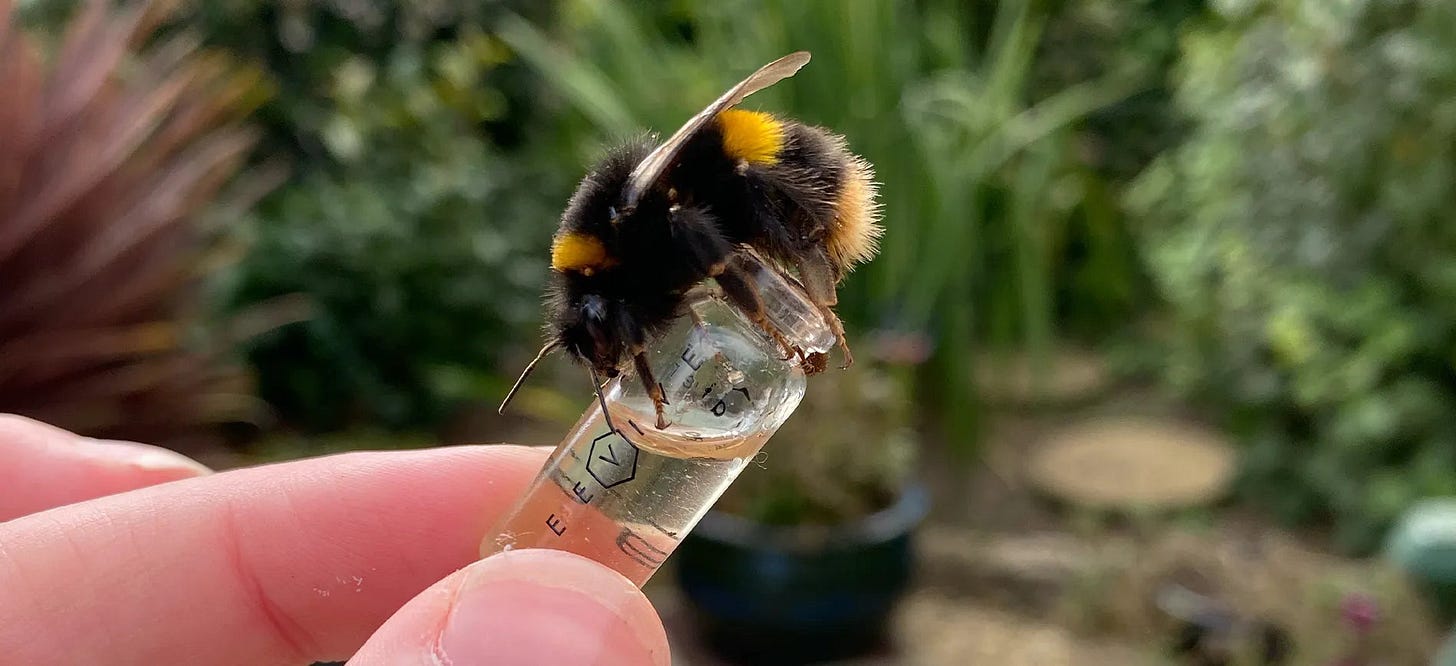Summary: I have noticed some people, especially when they are new to the community, see prominent messaging around AI or biorisk and conclude that they, if they don't have a technical background, don't fit in the community or cannot have an impactful career.
- To make such careers more mentally available, I have compiled a list of examples.
- Mostly aimed at people who themselves feel discouraged because they feel like they "don't fit", and who haven't been in the community long enough to see the diversity of roles themselves.
- Thoughts on going forward with increasing visibility of such roles are at the bottom.
Some thoughts to begin with
Your University major is not the biggest determinator of whether you will have an impactful career. Also see:
- skills that make you most employable
- And "what drives success on average" in the Five philosophies of career success post:
- General intelligence and different aspects of intelligence, such as verbal or mathematical or perceptual, judgement and rationality, and creativity
- Practice and credentials
- Work ethic: conscientiousness, emotional stability, and grit
- Integrity
- Social skills e.g. social perceptiveness, extraversion, and agreeableness
- Interest match
- Context match e.g. mentorship and cultural fit
And remember that disadvantages in one area can be offset through other areas, and that for such huge endeavours that EA tackles, we need a community with a portfolio of very different skills and mindsets. And that, while some people may be on paths that are less clearly lined out for them in advance, that does not mean that there is not a space where they slot in and can thrive while doing good.
Direct work
Example 1: Operations management
Operations management is one of the highest-impact careers overall
Profile: https://80000hours.org/articles/operations-management/
Podcast w Tanya Singh: https://80000hours.org/podcast/episodes/tanya-singh-operations-bottleneck/
In general, there are very many roles in organisations that play to different strengths; you really wouldn't want to work somewhere that was solely run by researchers.
Example 2: Art, design and illustration
Just like other companies, EA(-aligned) organisations need people who are skilled in design and communicating ideas visually.
An example is the new https://www.shouldwestudio.com/ who produce longtermist video content (they are currently looking for animators!)
Example 3: Communications
Job profile: https://80000hours.org/articles/communication/
Journalism: https://80000hours.org/podcast/episodes/ezra-klein-journalism-most-important-topics/
Of course, incl Kelsey Piper: https://www.vox.com/authors/kelsey-piper
Example 4: Policy and politics
I think this is fairly well-known, so here just a few links
https://80000hours.org/problem-profiles/improving-institutional-decision-making/
https://80000hours.org/career-reviews/policy-oriented-civil-service-uk/
Research paths
Check out https://effectivethesis.org/theses/
Includes research ideas in media & communications, sociology, political science, law, business, and history.
This is just a glimpse of what is possible, though! I bet you could, if you so desired, find exciting and impactful topics in any field.
Example 1: History research
Rose Hadshar's talk: https://forum.effectivealtruism.org/posts/52Lkk9XbznGFS439W/rose-hadshar-from-the-neolithic-revolution-to-the-far-future
A glimpse of her work: https://forum.effectivealtruism.org/posts/bRbJJw25dJ8a8pmn5/how-moral-progress-happens-the-decline-of-footbinding-as-a-3
Research ideas in the history of social movements: https://forum.effectivealtruism.org/posts/nDotYmmnQyWFjRCZW/some-research-ideas-on-the-history-of-social-movements
Example 2: Behavioural science
Daniel has a PhD in education and, when we last spoke, researched "security mindset" by interviewing people.
Examples of people on their own paths
- Kikiope Oluwarore, who used her expertise as a veterinarian to co-found Healthier Hens.
- Liv Boeree, who used to be a famous poker player, then convinced other poker players to donate money, and who also used her influence in EA-adjacent Youtube videos. (Also note that there are people like Suzy Shepherd who shoot and cut and design those videos. Again - you don't have to be the face in the limelight)
- Thomas Moynihan, who (I think) studied history and then used that expertise to research and write a book about the history of the ideas of existential risks.
- Lizka Vaintrob, who manages the EA Forum and writes content for CEA.
- Varsha Venugopal, who studied urban and regional planning and international development, and co-founded the childhood immunization charity Suvita.
- Of course, Julia Galef, who has been driving forward so much in the rationality sphere (co-founding CFAR and writing The Scout Mindset).
… and these are just examples of people who occurred to me, which means that they are skewed towards being more prominent/visible in the community. Still, I hope they'll provide some inspiration and motivation to find your own unique niche and have an impact that suits your unique skills and expertise. And hopefully find an occupation in which to flourish!
Suggestions for increasing the visibility of "alternative" EA careers
- A few role models are already well-known, but they are all exceptional people, which might not help encourage people who are unsure of whether and where they fit (e.g. Kelsey Piper is the one example for EA journalism and she's carved this niche because she is an incredible journalist, but that might not be a helpful role model if I am in the early stages of my career, thinking "I don't know… I guess I'm pretty good at writing?").
- So I suggest increasing the visibility of people doing more "ordinary" work, to stress that this is part of EA, too. (A bit like when Tanya Singh came on the 80k podcast in 2018, but less like "this is the new big thing, everyone now talks about ops careers", and more like a monthly feature of "humans of EA", showing a wide range of people)




Great post!
My shortlist of non-technical roles is:
community building (including “virtual” EA community building, for example, a profession-focused group, or just engaging with the EA Forum, EA slack channels, EA subreddit or the EA Twitter community)
operations roles generally (including assistant roles)
and